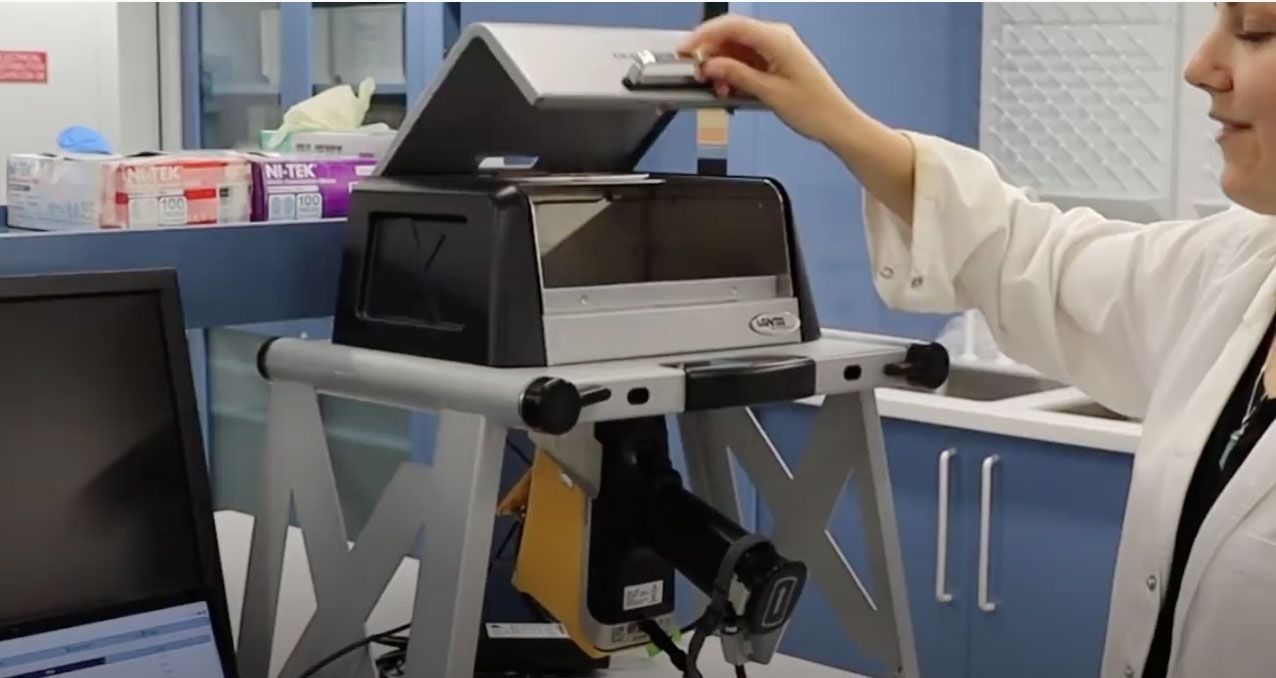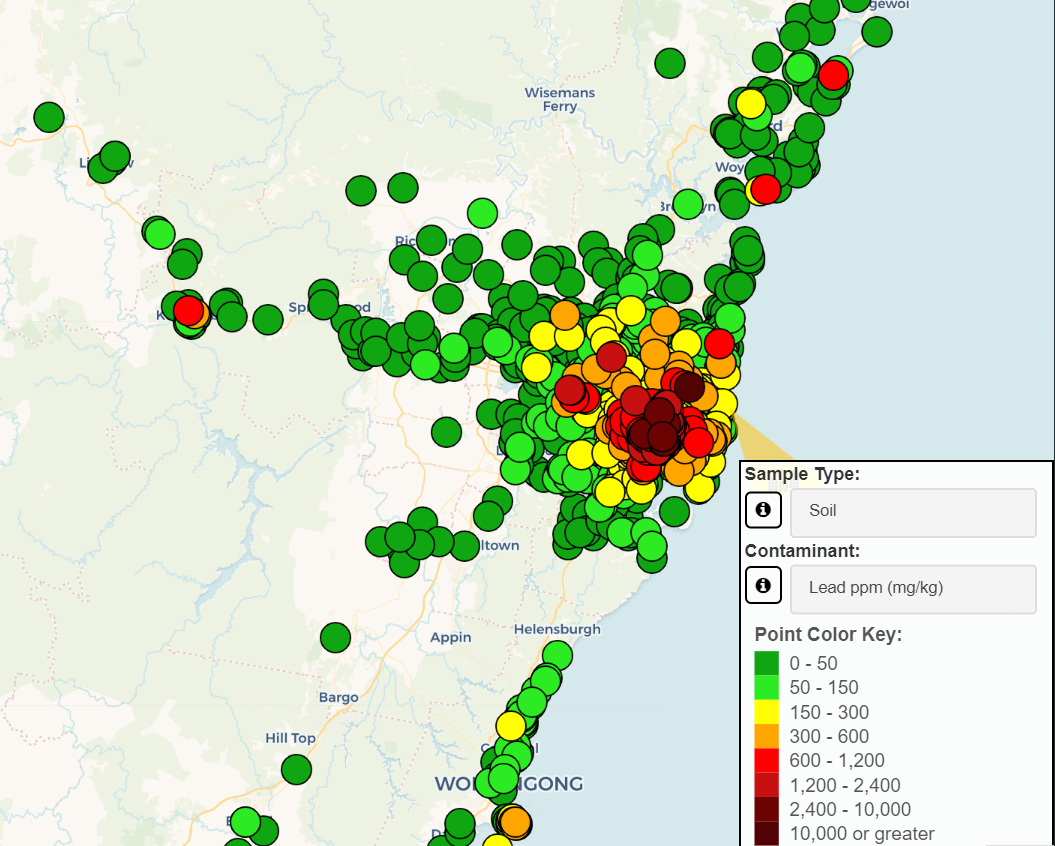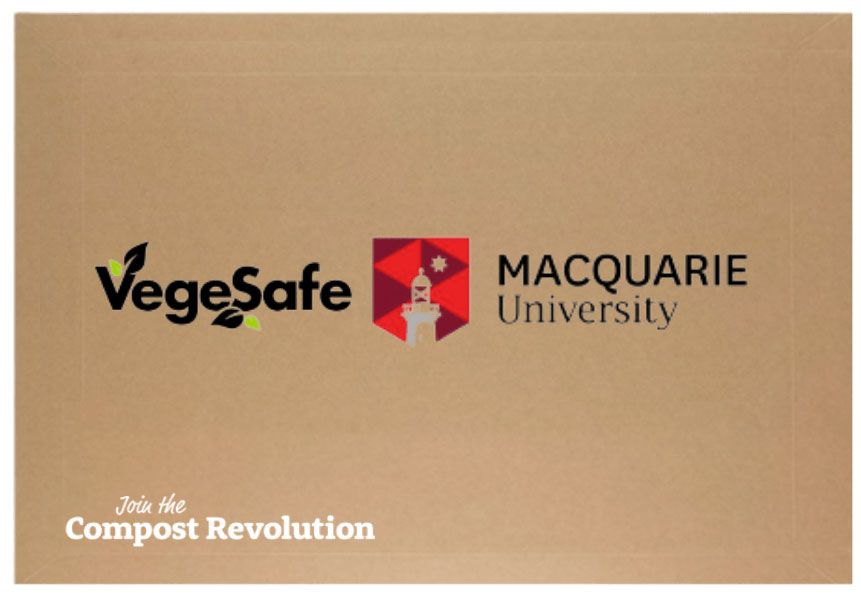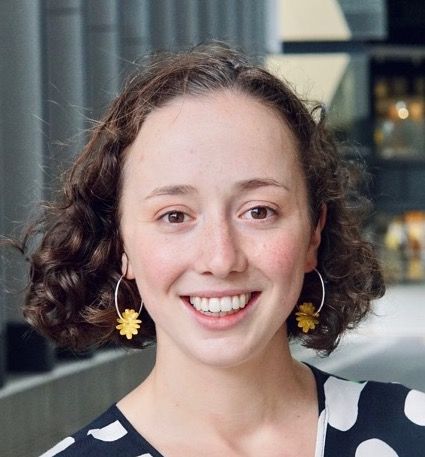On Earth Day each year we look for ways to nurture the big blue planet and solve our biggest, most intractable problems. Surprisingly perhaps, we often find that the answers are actually small in nature, local and diverse. As the great climate activist Bill McKibben says, there’s no silver bullet for solving the climate crisis, just silver buckshot. One such buckshot (or maybe a few handfuls) is Urban Agriculture, which provides us with the opportunity to combat – and adapt to – climate change from the windowsills, balconies, backyards, verges and community gardens of our homes and neighbourhoods.
So, where do we begin?
When it comes to planning your patch, it is easy to get caught up in the end goal. Perhaps a luscious food forest; full of ripe, red tomatoes and a bounty of blueberries? Lettuce for all occasions, a banana circle...a frog pond?

But, before we start planting, it is important to take the time to get to know our soil. This will not only help us become efficient gardeners, saving time and money, but will also play an important role in producing safe, nutrient rich food. Nurturing ourselves and importantly, our local ecosystem.
So, what do we need to look for? Tino from Gardening Australia has some great tips to help get you started. If you find that your soil needs a bit of tender loving care, look no further than your compost, worm farm or bokashi ferment, which can all help to improve moisture and nutrient retention, soil drainage as well as providing a healthy dose of microbes!
“Each soil has had its own history. Like a river, a mountain, a forest, or any natural thing, its present condition is due to the influences of many things and events of the past." - Charles Kellog
In urban areas, we also need to consider the historical use of our patch. Human activities, from heavy industry to agriculture, and even road traffic can result in soil contamination due to high levels of chemicals, including metals and metalloids. Unfortunately, we are at a high risk of exposure to these contaminants while gardening through hand-to-mouth contact and the inhalation of dust. Edible plants can also draw in and accumulate contaminants. But fear your soil not, because VegeSafe is here to help you to “Carry on Gardening” no matter what condition your soil is in.

VegeSafe is a community science participation program run by Environmental Science staff at Macquarie University. The program informs the community about metal and metalloid contaminants in their garden soil through a soil metal testing program. By participating, you will receive:
- A formal report containing the results of your soil analysis; and
- Advice about what to do next in the event of soils containing elevated concentrations of metals and metalloids.
You will also be joining the ‘Citizen Scientist movement’, and be participating in the development of a Global Map of Urban Environmental Health, helping scientists and households across the world keep track of local soil health (nice work!). Watch this great segment about the program on Gardening Australia.

We are proud to have partnered with Macquarie University's Faculty of Science and Engineering in order to help spread the word and get more households up and gardening - safely.
You can order a VegeSafe Testing Kit to be delivered to your door, providing (almost) everything you will need to complete your test (you will need to bring your own trowel). This includes instructions, 10 x zip-lock sample bags, return postage, a $20 donation to Macquarie University to cover costs, and, as always, online support from our friendly Support Squad in case you need a helping hand.

So, what are you waiting for? This Earth Day, take the leap and get started on your food forest, balcony veggie garden or verge plantation! Test your soil, make amendments as needed (or simply install raised beds) and don’t forget to use the power of your compost to improve your soil!
You will have a thriving, urban food forest in no time; supporting local ecosystems, reducing your carbon footprint and, of course, providing your friends and family with safe, nutritious food.
Get your VegeSafe kit now, just $44.90 inc FREE delivery.

